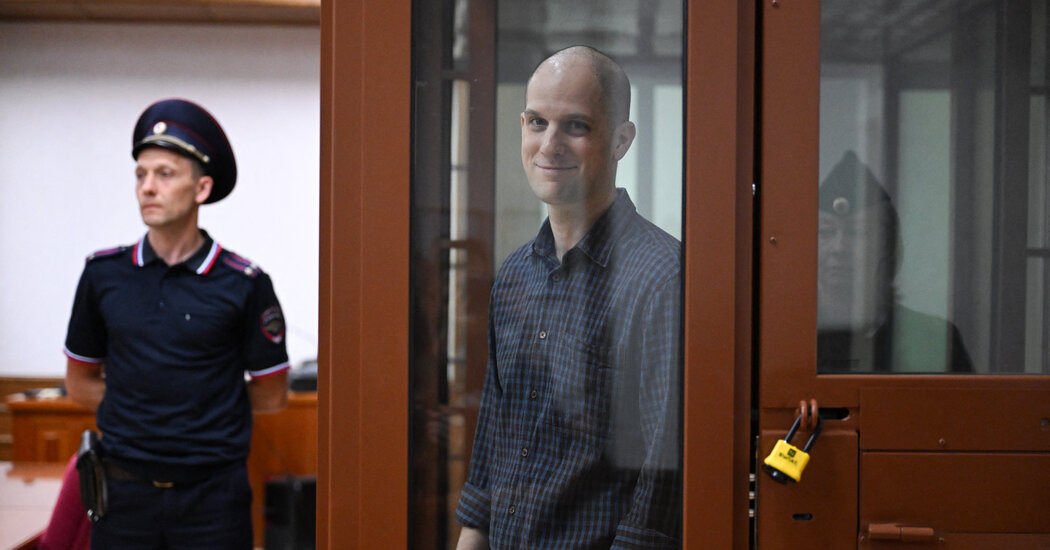Australia's Prime Minister Anthony Albanese has issued an apology for a comment made in parliament on Tuesday, where he mocked opposition frontbenchers by asking if they had Tourette syndrome. His remark has sparked outrage from disability advocates and politicians alike, who have condemned it as “ableist” and “despicable.”
Albanese’s comment came during a heated exchange in question time, which is broadcast nationwide. While speaking about tax changes, he was interrupted by Coalition MPs. In response, Albanese directed his remarks towards shadow treasurer Angus Taylor and Opposition Leader Peter Dutton, saying: “Have you got Tourette’s or something? You know, you just sit there, babble, babble, babble.”
Tourette syndrome is a neurological disorder that causes people to make involuntary movements or sounds, known as tics. These tics can’t be controlled easily and often manifest as sudden, repetitive movements or vocalizations.
Albanese quickly withdrew his comment after realizing the inappropriateness of his remark. “I withdraw. I withdraw. I withdraw and apologize,” he said. However, his apology was met with calls for a more sincere and comprehensive apology from those who felt his initial retraction fell short.
Greens senator Jordon Steele-John, who has cerebral palsy and serves as the party’s disability rights spokesperson, was one of the most vocal critics of Albanese’s remark. Steele-John pointed out the deeply concerning implications of such casual ableism, stating, “When you look to spaces like parliament that make decisions about your life...and see this type of language used, it causes a lot of fear.”
Mandy Maysey, president of the Tourette Syndrome Association of Australia, emphasized that Albanese’s remark was not only insensitive but also set a dangerous precedent. Maysey, who has three children with Tourette syndrome, shared her personal experience and the struggles her family faces due to the condition’s social isolation and stigma. “For him to just flippantly use it in such an offhanded manner speaks volumes,” Maysey said. “If people see Albanese doing that in parliament, then it will trickle down, and people already use it as a punchline or an insult.”
Opposition health spokeswoman Anne Ruston echoed this sentiment, calling the comment “absolutely despicable behaviour” and demanding a proper apology to the Tourette’s community. “Mocking a disability is no laughing matter,” she said. “Australians living with Tourette’s deserve the PM’s respect, not his ridicule.”
Later that evening, Albanese addressed the issue again in a largely empty chamber, offering a more extensive apology. He acknowledged the hurtful nature of his remark and expressed regret for using Tourette syndrome as an insult. “I knew it was wrong as soon as I made the comment,” he said. “I apologized and I withdrew as soon as I said it. But it shouldn’t have happened. And I also want to apologize to all Australians who suffer from this disability. I regret saying it. It was wrong. It was insensitive. And I apologize.”
While Albanese’s apology was met with mixed reactions, The incident has once again brought to light the persistent issue of ableism in society, particularly in the realm of politics. Disability advocates stressed the importance of fostering a more inclusive environment and ensuring that those with disabilities are treated with respect and understanding.
The Need for Inclusive Language
The controversy surrounding Albanese’s comment highlights the importance of using respectful and inclusive language. Words have power, and using a disability as a punchline or insult can have lasting negative impacts. It’s crucial to remember that language that mocks or trivializes disabilities perpetuates harmful stereotypes and contributes to the stigma faced by individuals living with these conditions.
Moving Forward: A Call for Greater Understanding
The incident involving Albanese serves as a reminder of the ongoing need for education and awareness surrounding disabilities. It is essential for political leaders, as well as the wider public, to learn about different disabilities and how they impact individuals’ lives. This knowledge is key to fostering a more inclusive society where people with disabilities feel respected, valued, and empowered.
The road to true inclusion requires continued efforts to challenge ableism and promote a deeper understanding of disability. This includes promoting positive representations of people with disabilities, advocating for accessible policies and services, and creating a society where everyone feels comfortable being their authentic selves, regardless of their abilities or disabilities.

















